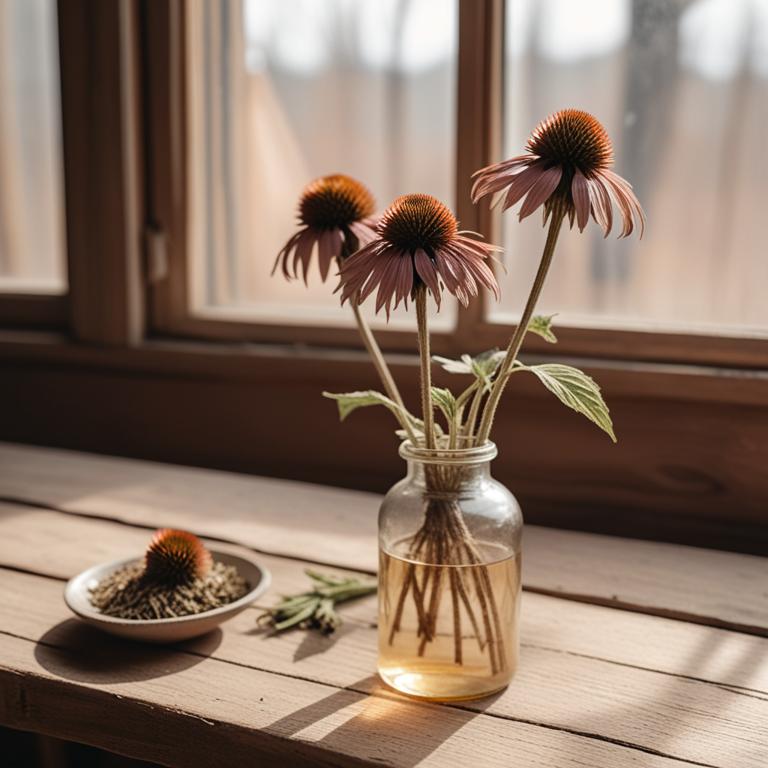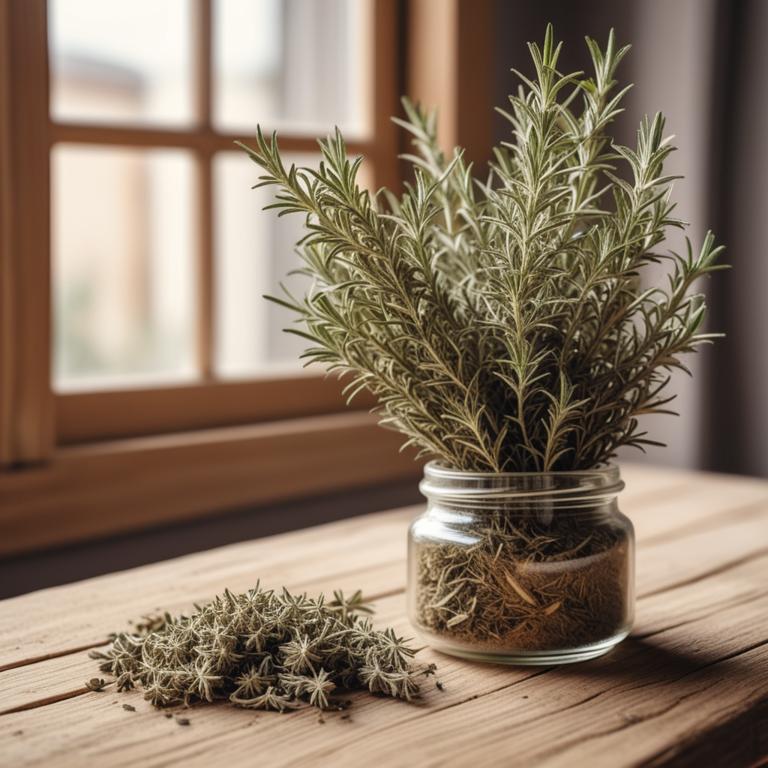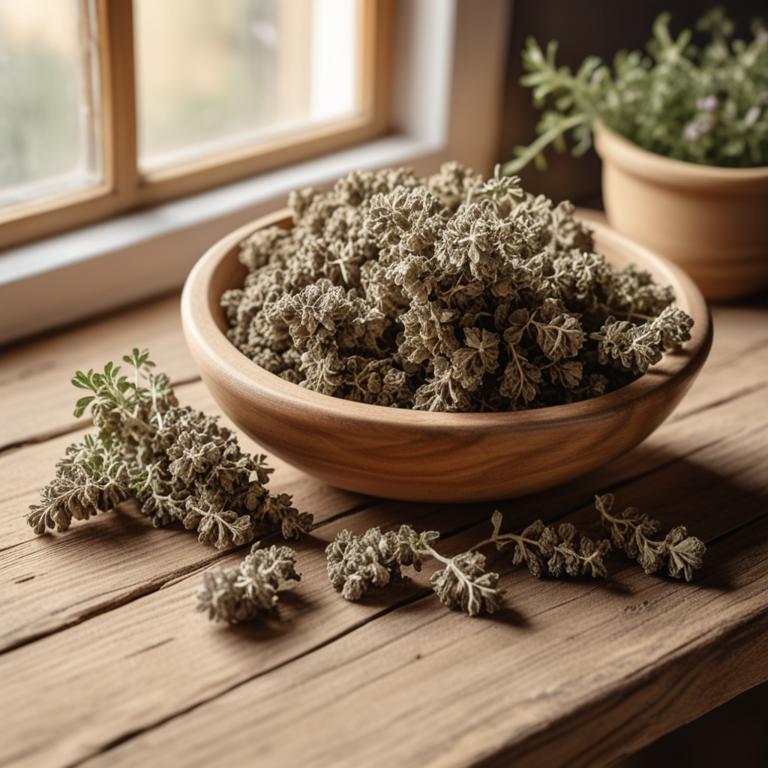Updated: Dec 1, 2024
Altitude Sickness Prevention: Causes, Medicinal Herbs, and Natural Remedies
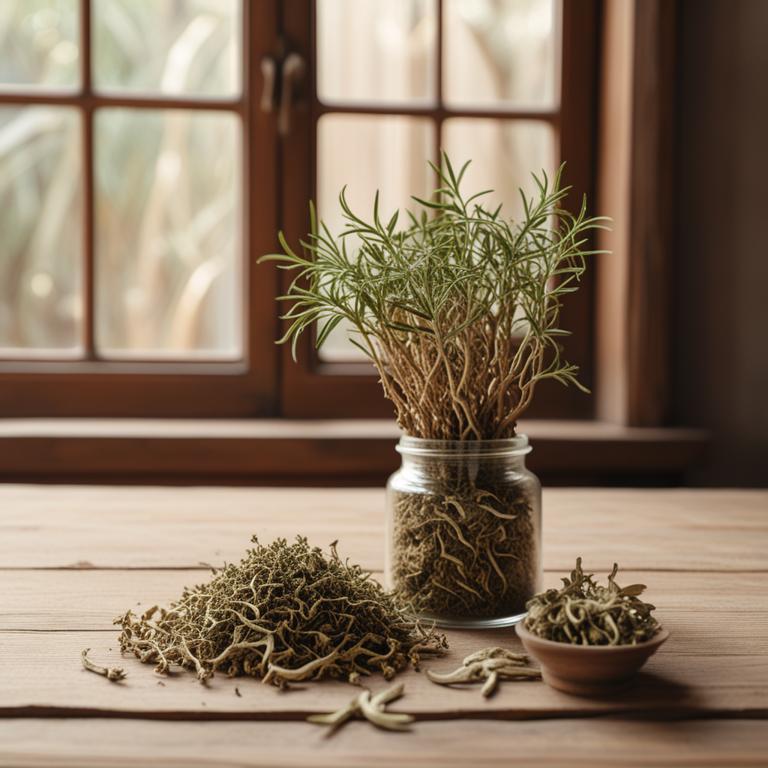
Altitude sickness is a condition that happens when your body can't get enough oxygen at high elevations.
It can make you feel tired, dizzy, and short of breath. In severe cases, it can even cause headaches and nausea. This can make it hard to enjoy your trip or hike, and can even force you to stop and rest. Altitude sickness is usually caused by traveling too high too quickly. When you're at high elevations, the air is thinner, which means there's less oxygen available. If you go up too fast, your body can't adjust quickly enough, and this is when altitude sickness can start. But there are some herbal remedies that might help. One of the most promising is ginkgo biloba.
This herb is known for improving blood flow and oxygen delivery to your body's cells. It's often taken as a supplement or made into a tea. Another herb that might be helpful is andean mint, which is native to the Andes mountains where altitude sickness is common. It's said to help ease headaches and nausea. Some herbal preparations for altitude sickness include teas made with ginkgo biloba and andean mint. These teas can be sipped slowly and regularly to help ease symptoms. You can also find supplements in capsule or tablet form that contain these herbs. It's worth noting that while these herbs might help ease symptoms, they shouldn't be relied on as the only way to prevent altitude sickness.
If you're traveling to high elevations, it's still important to ascend slowly and listen to your body.
Table of Contents
- What are the underlying causes of altitude sickness?
- What benefits can be achieved by using herbs to combat altitude sickness?
- What are the primary medicinal herbs that reduce the effects of altitude sickness?
- What herbal treatments are typically used to combat altitude sickness?
- What herbs are contraindicated for individuals suffering from altitude sickness?
- FAQ
What are the underlying causes of altitude sickness?
The main causes of altitude sickness are often connected to how our bodies react to high elevations.
One key factor is dehydration, which happens when we don't drink enough water in the dry air at high altitudes. Our bodies need water to function properly, and when we're not getting enough, it can lead to headaches, fatigue, and other symptoms of altitude sickness. Another major cause is overexertion, which occurs when we push ourselves too hard, too quickly. At high elevations, our bodies have to work harder to get enough oxygen, and adding physical activity to the mix can put too much strain on our system. This can lead to altitude sickness symptoms like nausea, dizziness, and shortness of breath.
Rapid ascent is also a significant contributor to altitude sickness. When we ascend to high elevations too quickly, our bodies don't have time to adjust to the lower air pressure and lower oxygen levels. This can cause our bodies to become overworked, leading to altitude sickness symptoms like headaches and fatigue. Pre-existing conditions, such as heart or lung disease, can also increase our risk of developing altitude sickness. If we have a pre-existing condition, our bodies may already be struggling to get enough oxygen, and the added stress of high altitude can make symptoms worse.
These factors can contribute to altitude sickness in different ways, but they all have one thing in common: they put our bodies under stress at high elevations.
What benefits can be achieved by using herbs to combat altitude sickness?
Using herbs for altitude sickness can be really helpful.
One of the main benefits is that they can help ease the symptoms of altitude sickness, such as headaches and shortness of breath. These herbs can help increase the amount of oxygen in the body and reduce inflammation, which can make it easier to breathe and move around. Some herbs can also help increase red blood cell count, which can help carry more oxygen to the body's tissues.
Another benefit is that they can help calm the mind and body, reducing anxiety and fatigue that can come with altitude sickness. This can be especially helpful when you're already feeling unwell, as it can help you relax and focus on getting better. Additionally, some herbs have anti-inflammatory properties, which can help reduce swelling and pain in the body.
By using these herbs, you can potentially alleviate some of the discomforts of altitude sickness and make it easier to enjoy your time in high altitudes.
What are the primary medicinal herbs that reduce the effects of altitude sickness?

When traveling to high altitudes, it's common to experience altitude sickness.
This is because our bodies need time to adjust to the lower oxygen levels at high elevations. Herbs can help alleviate these symptoms. Ginkgo biloba is one such herb that improves blood flow and reduces inflammation. This can help our bodies get the oxygen it needs more efficiently.
Another herb, Panax ginseng, has been shown to increase red blood cell count and reduce fatigue. This means our bodies can handle the lower oxygen levels more effectively. Andrographis paniculata is also useful in reducing inflammation and improving respiratory function. Rhodiola rosea helps to reduce stress and anxiety, which can be major contributors to altitude sickness symptoms. Cinchona officinalis contains quinine, a natural remedy that has been used for centuries to treat altitude sickness.
It works by reducing the severity of altitude sickness symptoms and helping the body acclimate to the higher elevation.
What herbal treatments are typically used to combat altitude sickness?
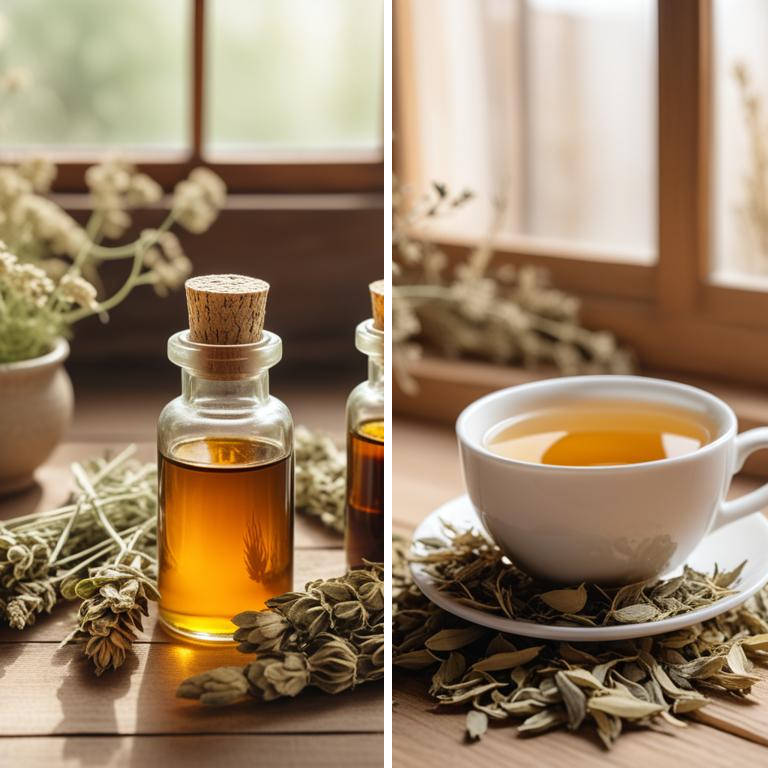
When traveling to high altitudes, many people experience altitude sickness, which can cause headaches, fatigue, and nausea.
Herbal preparations can be a helpful remedy for these symptoms. A decoction is a strong liquid made by boiling herbs in water. Ginseng decoction is especially good for altitude sickness because it improves blood circulation and reduces fatigue. A tincture is a concentrated liquid made by soaking herbs in a solvent. Ginkgo biloba tincture helps improve oxygen delivery to the body and reduces the risk of altitude sickness.
An infusion is a weak liquid made by steeping herbs in water. Peppermint infusion can help with headaches and nausea by soothing the digestive system. A salve is a topical cream made by infusing herbs in a fatty base. Ginger salve can be applied to the skin to relieve nausea and headaches. Lastly, a tea is a weak liquid made by steeping herbs in hot water. Licorice root tea can help with dehydration and electrolyte imbalance caused by altitude sickness.
These herbal preparations work well because they are natural, non-invasive, and easily absorbed by the body, providing quick relief from altitude sickness symptoms.
Additional Resources:
What herbs are contraindicated for individuals suffering from altitude sickness?
If you have altitude sickness, it's crucial to be careful with certain herbs.
Altitude sickness can make your body work harder, so you don't want to add any extra stress with herbs that can worsen the condition. Ephedra sinica, for example, is known for its stimulant properties, which can increase your heart rate and blood pressure even further. This can be a problem if you already have high blood pressure or are experiencing shortness of breath due to altitude sickness. Similarly, Pausinystalia johimbe is also a stimulant and can have similar effects.
Schisandra chinensis, on the other hand, is a bit of a different case. While it's not a direct stimulant, it can still cause your blood pressure to rise. This can be a concern if you're already experiencing altitude sickness symptoms. Aconitum carmichaelii, also known as monk's hood, is a highly toxic herb that can cause serious health problems, including nausea, vomiting, and even heart problems. This is especially concerning at high altitudes where your body is already under stress.
Clematis chinensis can also interact with medications and worsen altitude sickness symptoms.
FAQ
Are there any specific herbs that can prevent altitude sickness?
Some herbs like ginger and ginkgo biloba are believed to help alleviate altitude sickness symptoms.
Ginger can aid in digestion and reduce nausea, while ginkgo biloba may improve circulation, which can be beneficial at high elevations.
These herbs can be consumed as tea or added to food in various forms.
Is it safe to use herbal remedies for altitude sickness during pregnancy?
Using herbal remedies for altitude sickness during pregnancy isn't recommended.
Some herbs can cause problems, like bleeding or contractions, which are serious for you and your baby. If you're experiencing altitude sickness, consider simpler remedies like staying hydrated and taking breaks.
Always talk to your healthcare provider about any medication or treatment.
Are there any herbs that can reduce the frequency of altitude sickness?
Some herbs, like ginkgo biloba and rhodiola, may help reduce altitude sickness.
Ginkgo biloba improves blood flow, which can help your body adjust to thinner air. Rhodiola, on the other hand, is believed to reduce oxidative stress and inflammation that can occur at high elevations.
They may be worth trying if you're planning a high-altitude trip.
Related Articles
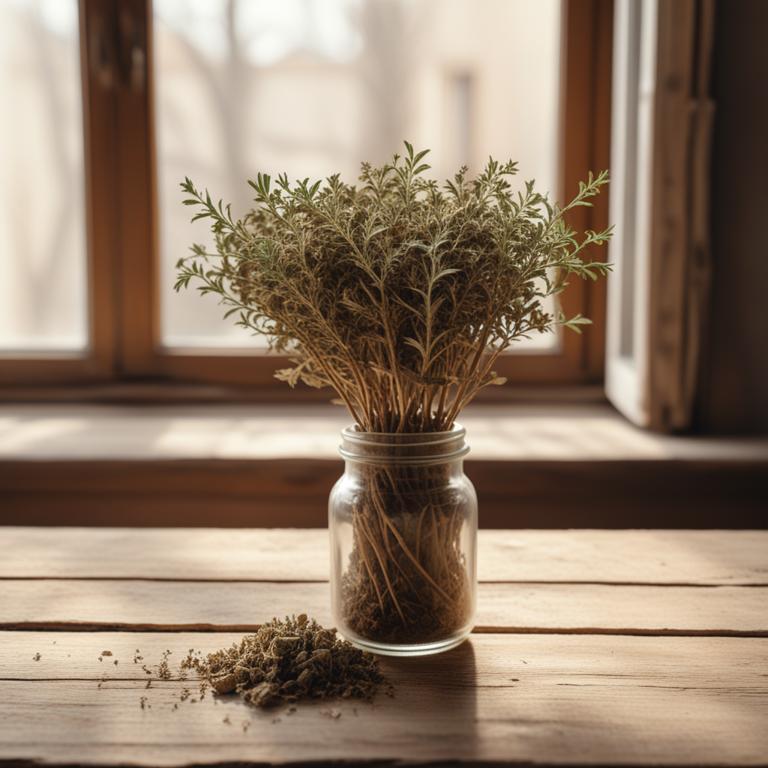
Banish Dry Throat: Exploring Medicinal Herbs and Herbal Preparations for a Soothing Solution
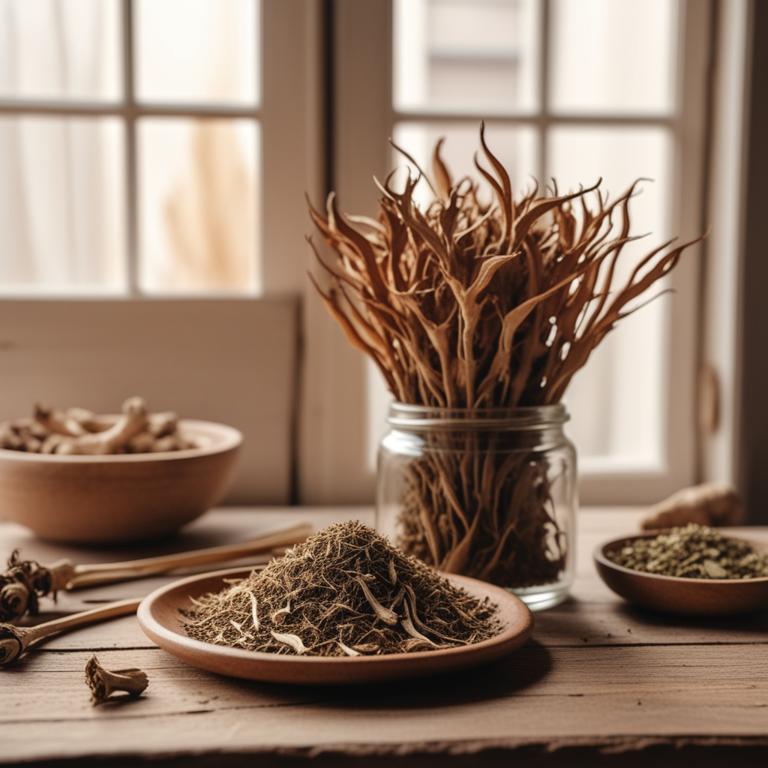
Hoarse Voice: Understanding Causes and Using Medicinal Herbs and Herbal Preparations
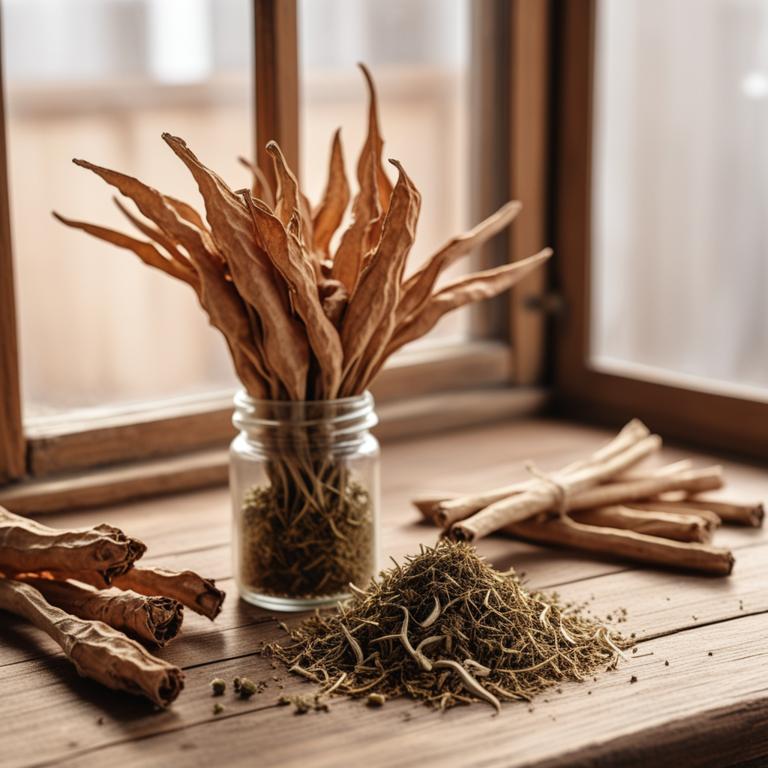
Cough Causes and Natural Cures: The Power of Herbal Preparations

Runny Nose Causes and Herbal Preparations: A Comprehensive Guide
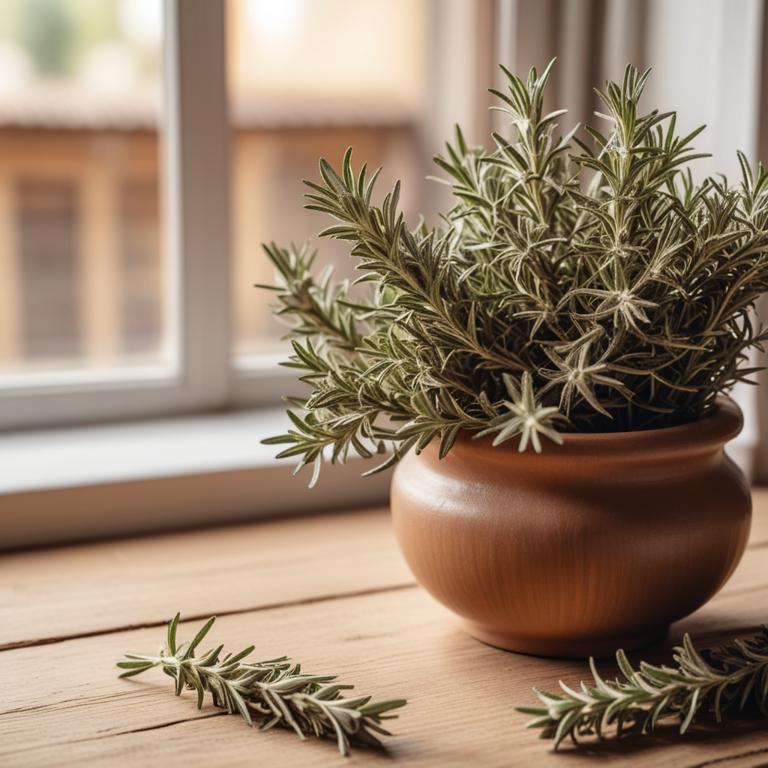
Wheezing Treatment with Medicinal Herbs and Herbal Preparations
